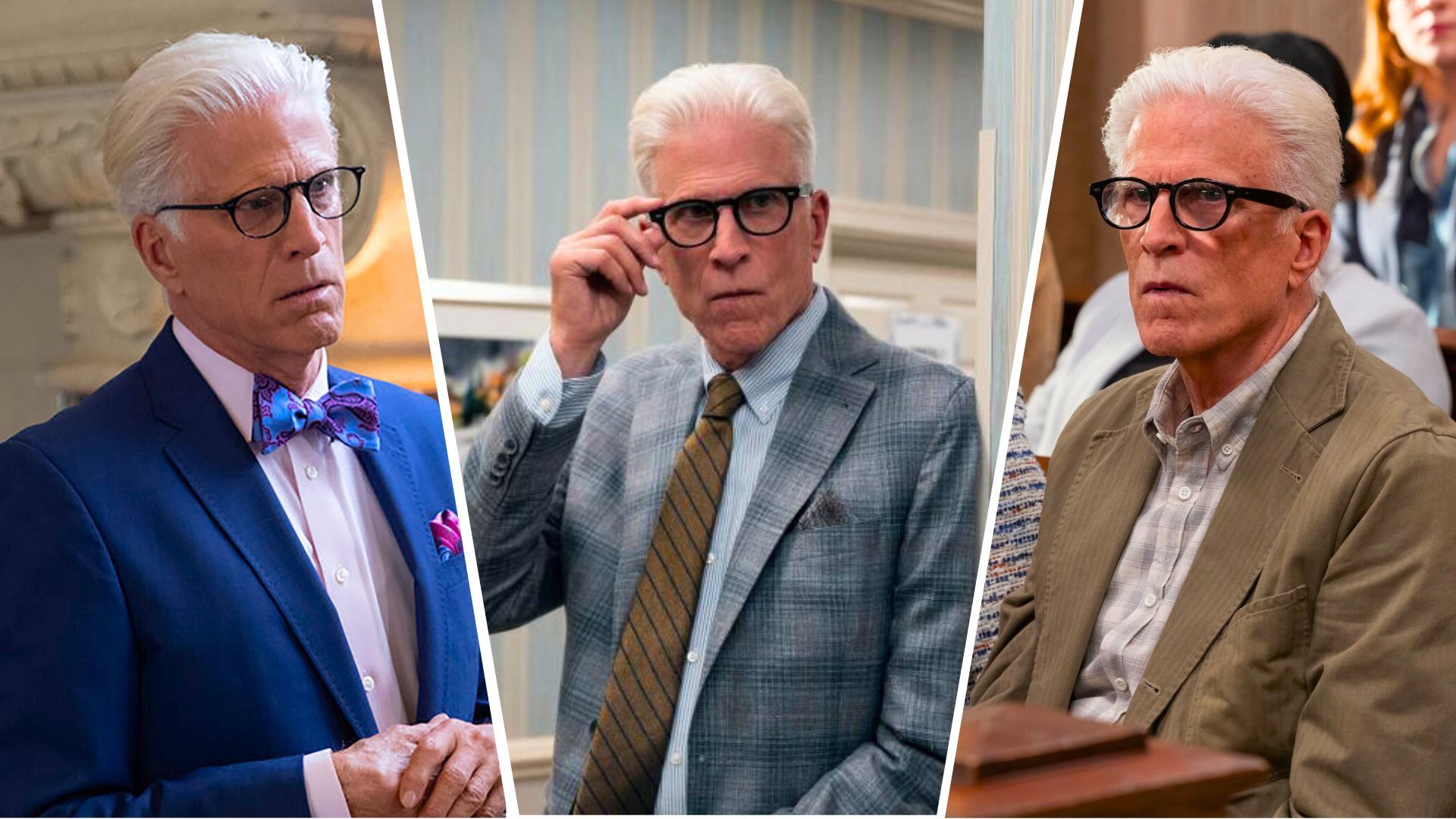Meanwhile, Leda befriends the young woman in the bikini, whose name is Nina. Leda takes on a motherly role, but there’s something “off” about the whole thing. Her interest is too intense. Johnson plays Nina with a fascinating mix of languid pleasure and taut desperation. Nina is “acting,” and with good reason. Callie, her sharp-eyed sister-in-law, sees all. You do not want to mess with Callie.
In the book, Leda says at one point, “The unspoken says more than the spoken.” While this is undoubtedly true for the most part, it’s not true when you’re dealing with an unreliable narrator like Leda, someone so consumed with self that every interaction shivers with threat, desire, insecurity, and all the unresolved issues Leda projects onto the other person. Because she is so consumed with her self, she misinterprets the “unspoken” all the time. She misinterprets gestures, body language, pauses. She perceives threats where there may very well be none. She seems to misinterpret Lyle’s kindness, which brings out strange wild responses in her. She misinterprets the young guy working at the beach club. She “can’t understand.” If Nina is “acting,” then so is Leda. We do eventually learn what Leda did back in the day, but that still can’t fully explain her choices—one in particular—on this fateful vacation.
Films are sometimes rejected by audiences because the characters aren’t “relatable.” Yes, some characters reflect back to you your own experience, and that’s very validating. But some of the greatest characters in literature show us things we don’t want to look at, show us the ugly parts of humanity, the dark petty parts, the parts where we don’t do our best. These things are as true, if not more true, than what is deemed “relatable.” “The Lost Daughter” accepts ugliness, giving it space to express itself, allowing it to exist without careening back into safe territory.
Capturing all of this swirling “unspoken” subtext was Gyllenhaal’s challenge. There’s a lot of emotional chaos ricocheting around that beach, among all of those daughters, daughters lost and otherwise. Gyllenhaal allows for the chaos. She doesn’t try to nail it all down. She doesn’t race for clarity. Her approach is turbulent, subjective, and so close to Leda’s point of view it’s almost claustrophobic. Leda is watchful and distressed, sometimes impulsive and sloppy, always lying and pretending, and increasingly unable to hide her eerie inner world, from other people and from herself. Colman’s is one of the best performances of the year.
Now playing in select theaters and available on Netflix on December 31.
You can view the original article HERE.




























